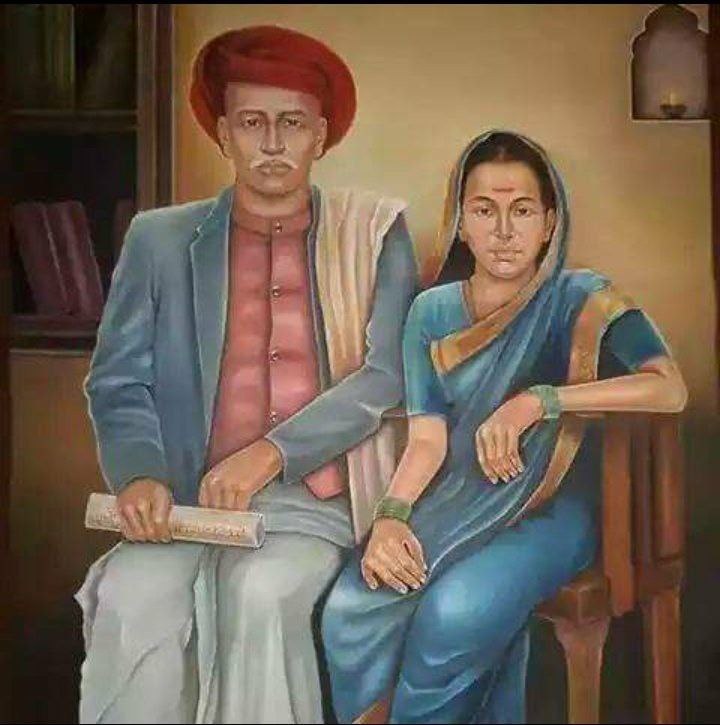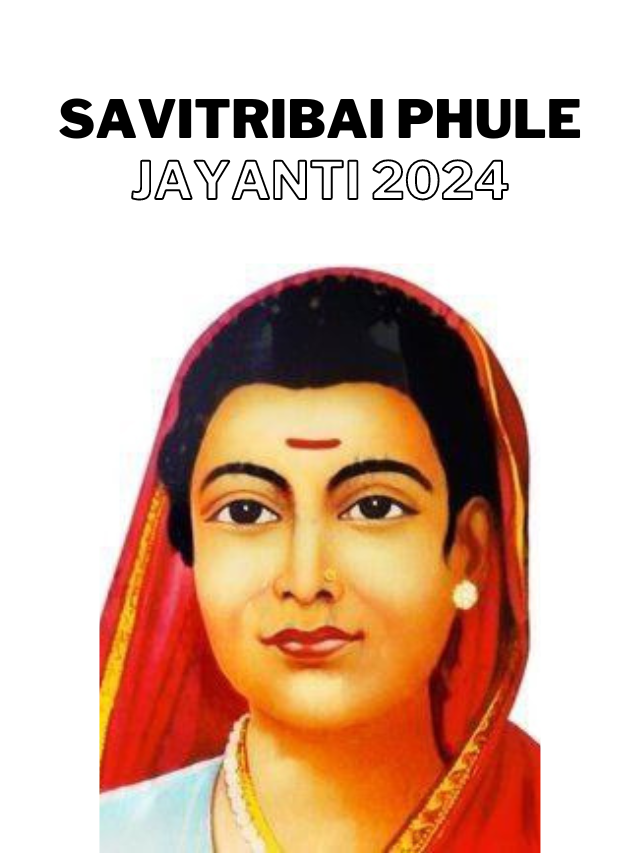Add Your Heading Text Here
Savitribai Phule Jayanti, which is celebrated annually on January 3rd, is a significant occasion across the nation. Savitribai Phule, born in a small village in Satara district of Maharashtra, is renowned for her various roles as a decorator, servant, poet, philosopher, and more. She holds the esteemed title of being the first teacher in the country, as she, alongside her husband, established the first women’s school in India.
Savitribai Phule Jayanti is observed every year on January 3rd throughout the country. Born on January 3rd, 1831, in a village in Satara district of Maharashtra, this day serves as a tribute to her remarkable contributions. Savitribai Phule is widely recognized as a social worker, an active participant in the women’s liberation movement, and the pioneer of education in the country. She dedicated herself to the empowerment of women and played a significant role in improving their status.

Despite facing numerous challenges, Savitribai Phule, who hailed from a Dalit family, emerged as India’s first teacher. In the past, Dalits were denied access to education and faced discrimination. However, Savitribai Phule defied these societal evils and continued her education. She persevered through the hardships of untouchability prevalent in her community and pursued her studies. Eventually, she received training to become a teacher in Ahmednagar and Pune, and later embarked on her teaching career.
Savitribai Phule tied the knot at the tender age of 9 and was married to Jyotiba Phule, who was 13 years old at the time. After completing her training, she joined forces with her husband to establish the first women’s school in 1848. Subsequently, they played a pivotal role in establishing several other women’s schools across the nation. Their efforts were recognized and honored by the British East India Company.
Savitribai Phule actively participated in various movements alongside her husband, Jyotiba Phule. One such movement was against the practice of Sati, where widowed women were forced to undergo self-immolation. She vehemently opposed this practice and raised her voice against it, advocating for the rights and dignity of women.









